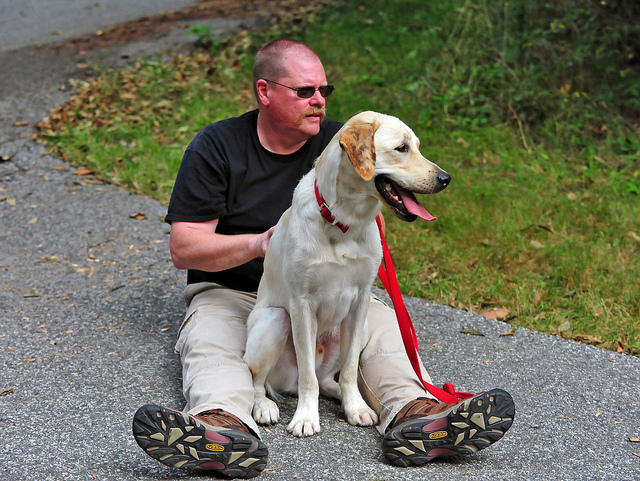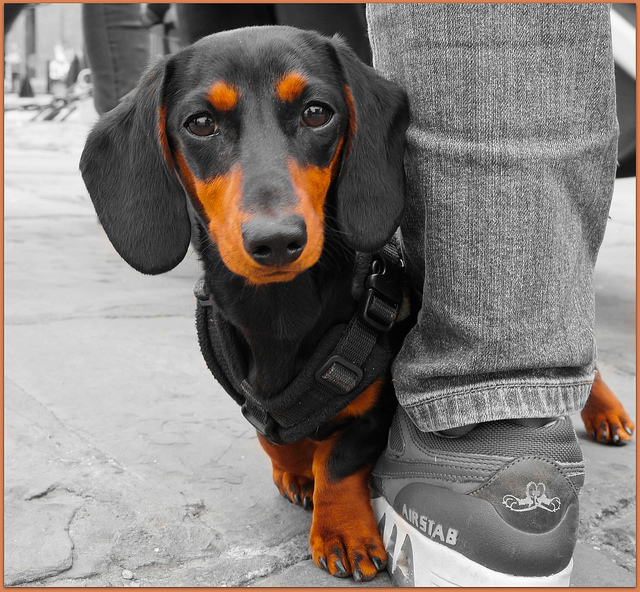Dogs haven’t been known as “man’s best friend” for no reason. Anyone who has owned a dog understands the bond a dog has with you and you just know that your dog would do anything to protect you.
And some dogs have the chance to prove it by attacking intruders, saving family members from fires, detecting low-blood sugar, etc.
But anecdotal evidence wasn’t enough for scientists at Kyoto University in Japan. They conducted an experiment to prove that dog’s really do “have our backs.”

The study involved two groups of 18 dogs who interacted with their owners and strangers in a planned situation:
The owner had a box that they were not allowed to open. Instead, they had to ask the strangers for help.
- In the first group, the stranger actively refused.
- In the second group, the stranger helped the owner.
Both groups had a third stranger who was “neutral,” and neither refused or helped in any way.
- A third control group was set-up where neither stranger interacted with the owner in any way.
The neutral stranger sat at the other side of the owner throughout the interactions, while the stranger who refused physically turned away from the owner.
At the end, all the strangers offered dogs food.

What Did They Find?
From the first group, they found that the dogs were more likely to accept food from the neutral stranger, than the one who had actively refused their owner.
From the second group as well as the control group should no preference in who they received food from.
In other words, the dog’s only cared if the stranger had actively refused their owner!
“We discovered for the first time that dogs make social and emotional evaluations of people regardless of their direct interest. This ability is one of key factors in building a highly collaborative society, and this study shows that dogs share that ability with humans,” said Kazuo Fujita, a professor of comparative cognition at Kyoto University.

In addition, researchers explained that children do not acquire this until the age of three and that other studies have shown that many primates do not exhibit this behavior.
The full study is published in the science journal “Animal Behaviour.”
